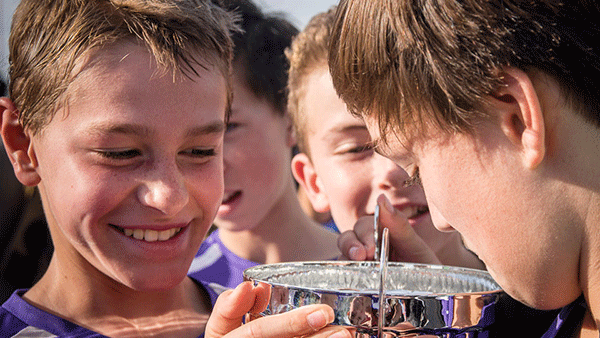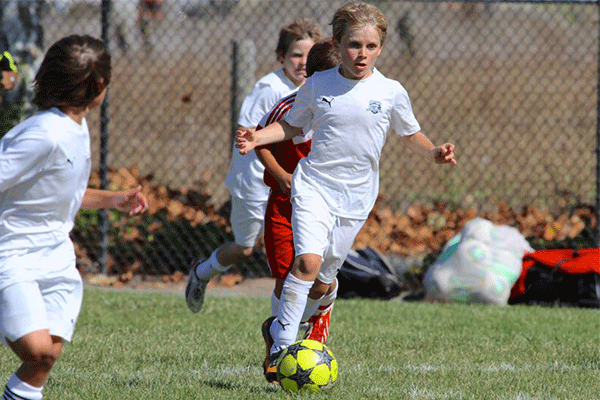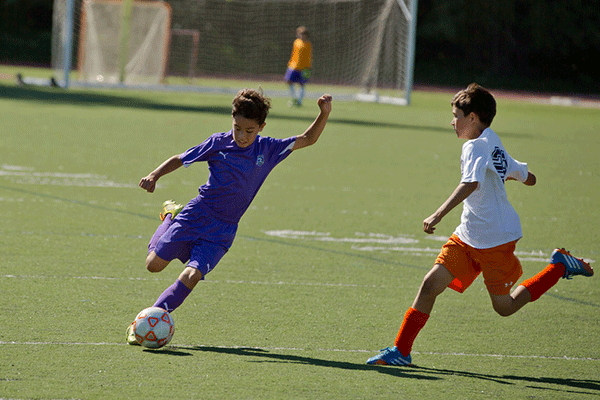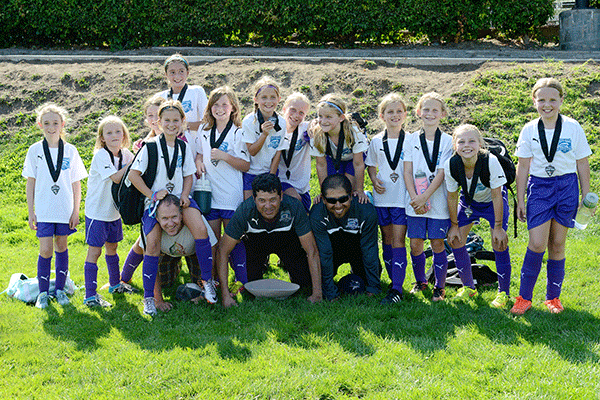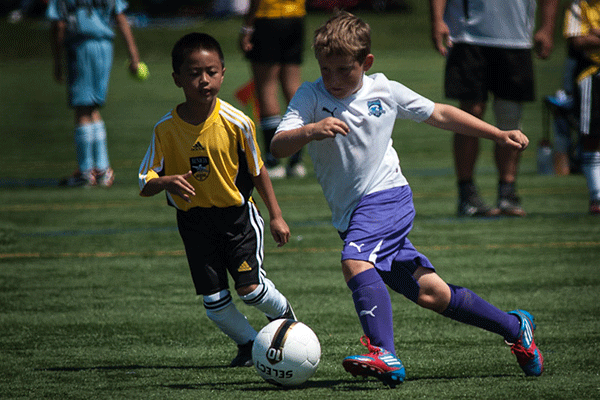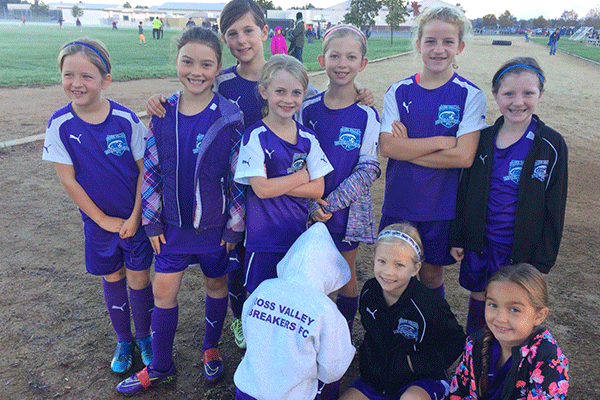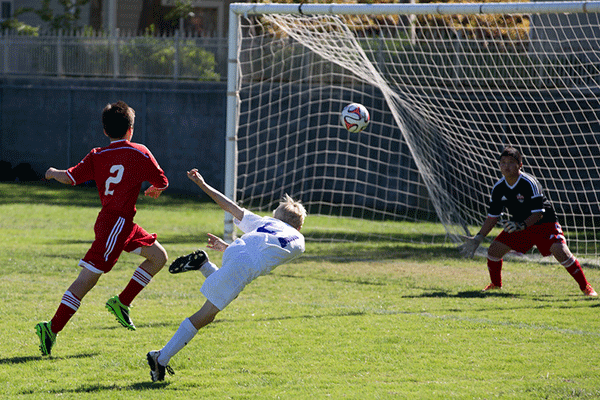FAQs About The Soccer Season
Players are invited to join the club after tryouts in May. Optional summer practices are held during June and July and many players participate in camps which are highly recommended usasoccercamp.org. Fall Season starts in early August and the competition schedule is heavy until mid-December with NorCal Fall league, St. Cup games and tournaments (tournaments determined by the DOC). After the holiday break, teams continue practicing in the Breakers indoor program and competing through the Spring with NorCal Spring League, futsal, San Rafael Street Soccer and additional tournaments.
Practices start in early June and continue through mid December. Summer practices are NOT mandatory. Practice logistics are made public one month in advance of their start. Practices run twice a week and a 3rd weekly practice is offered at an additional cost. Optional winter and spring practices are also offered to all teams. Practices are 90 minutes long.
Competitive (aka, select) soccer requires a commitment beyond the recreational level where a birthday party often trumps practice and games, for instance. Attendance at all fall practices and games is expected and failure to attend is the exception — essentially it needs to be an “excused” absence (injury, illness, pre-planned family event, etc ...) and the coach and manager should be notified in advance. Unexcused absences will likely result in less game playing time. Accountability and respect for the time of others (players, parents, coaches, managers, club and leagues our teams play in) are “life lessons” much more important than soccer dribbling skills.
In one word, no. It is important to remember that we are a competitive club. While we will do our best to ensure all players have a great experience, playing time is not likely to be equal for all players because it is based on merit (i.e., performance in both practices and games).
At first this sounds contradictory to the our mission of focusing on player development (on and off the field) instead of winning. However, we need to accept the fact that some players might be less prepared than others for particular challenging game situations, which could affect their own progress as well as the team’s collective advancement.
That is, allotting equal playing time to all is not as conducive to long-term growth because players do not learn how to respond to this type of adversity, which is present in all aspects of everyone’s life. We understand this is a delicate topic and complex challenge facing our coaching staff, but the intention is to make sure every kid, as well as the whole team, is given the greatest chance at improving as players and as people. Despite the delicate nature of this, please do not shy away from talking to us about playing time if you have questions or concerns.
In sum, be positive all the time while letting coaches coach, players play and referees officiate. Parents are expected to limit themselves to cheering only. Maintaining proper sideline behavior is vital to a successful season so parents and coaches review and sign an electronic Code of Conduct agreement to kick off the season. We all need to make sure the team environment is a positive one at all times so that all players develop to the maximum of their potential. All parents and coaches are required to attend a tailored Positive Coaching Alliance workshop each year.

